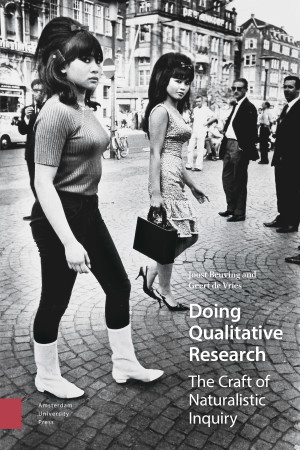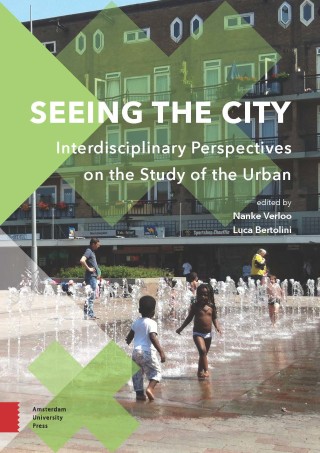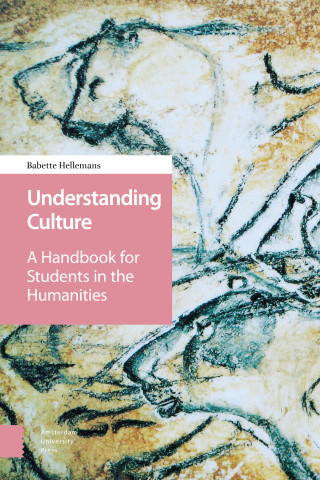'Throughout, the authors present an efficient synthesis of concepts and theoretical notions and innovative views of the qualitative research practice in easy-to-understand jargon-light language. Therefore, the book goes a long way in shaping a readable introductory text on qualitative research.'
Educational Action Research
'
Doing Qualitative Research is an important book for students at various stages and with various levels of experience conducting social science research and for instructors who want the insights not only of how-to manuals but also of critical reflections on research processes.' -
Contemporary Sociology
'The stylistic accessibility, the refusal to build upon assumed or expected knowledge of the readers and the synthetic approach to each stage of social research [...] make it highly recommendable for teaching purposes.' -
Qualitative Research
'An admirable book. Recommended for anyone who wants to learn about the craft of qualitative research' -
Sociologie
'This book deserves special attention among the plethora of books that are available for methods teaching (...)' -
The British Journal of Sociology
‘One of the best methodological treatments in contemporary social science literature. It is the type of book that students will remember as the text that moved them to serious study. I am a flat out admirer of this book.' - Michael Lewis, University of Massachusetts
'Beuving en De Vries wrote a masterful textbook about qualitative research that will hopefully be widely used in education.' -
Sociologie Magazine
'
Doing Qualitative Research is a clear and very useful guide for how to do scholarly valid research into human actions and their possible meanings' -
Forum+





